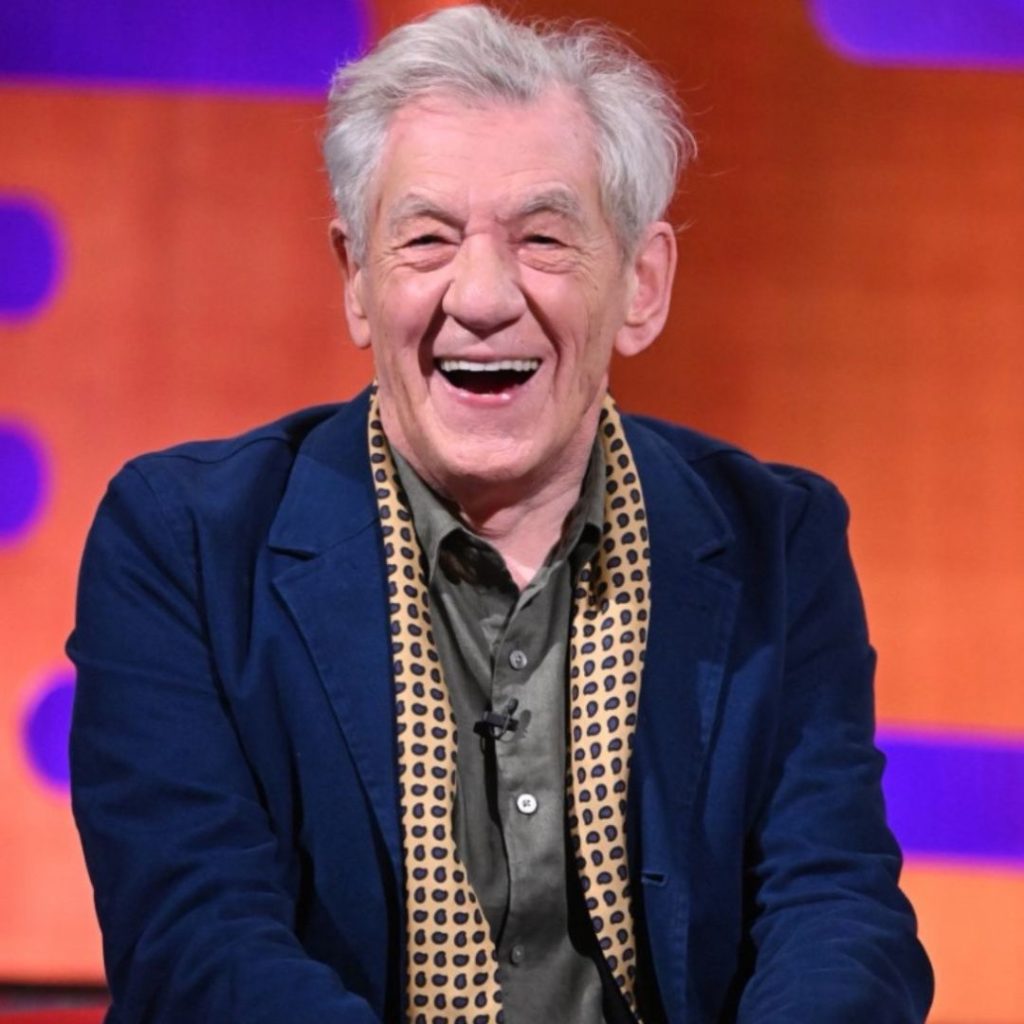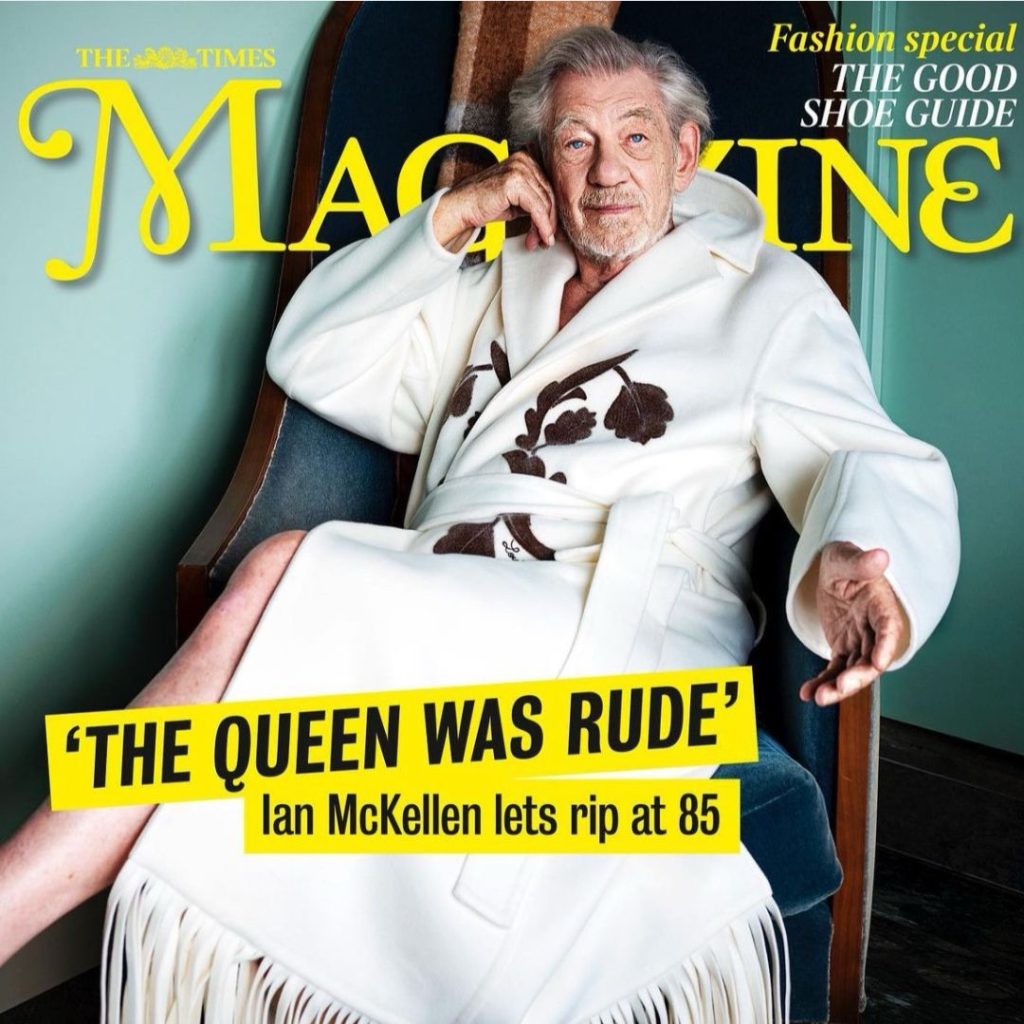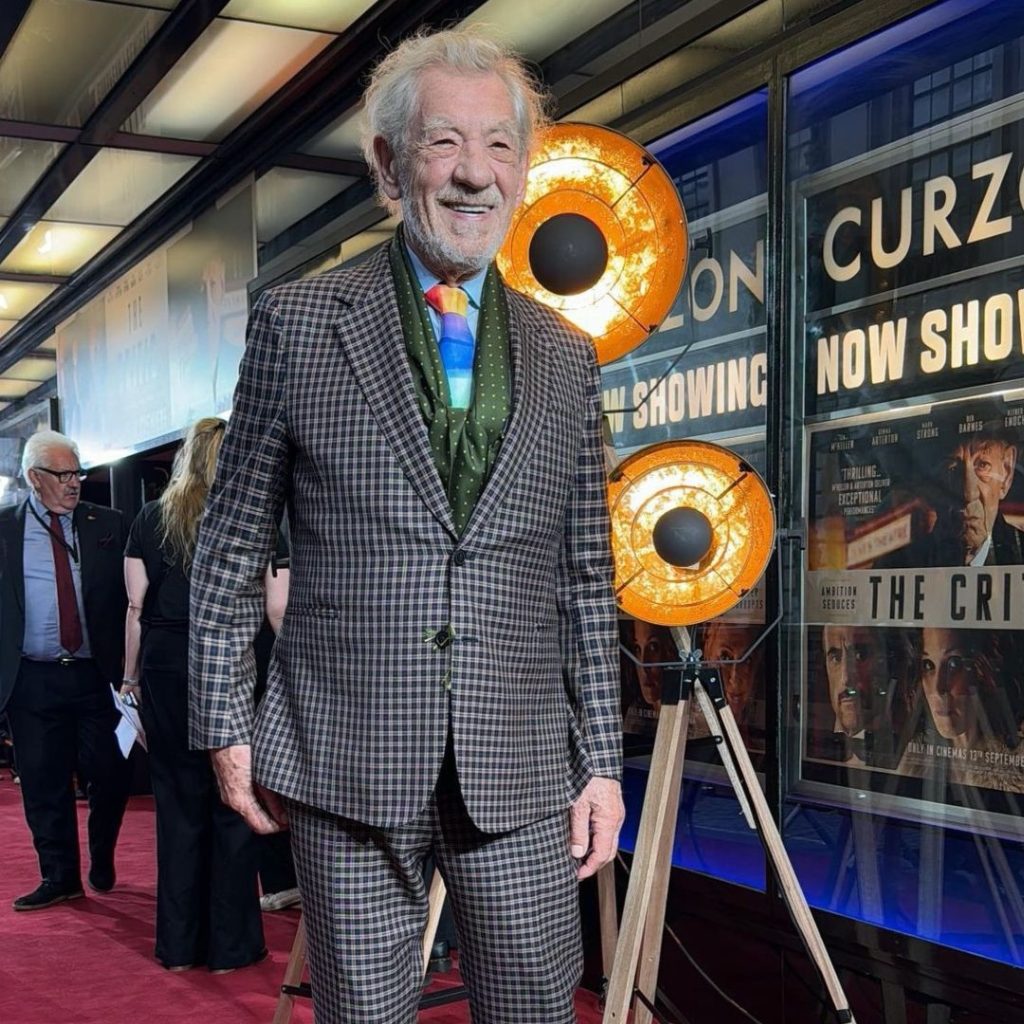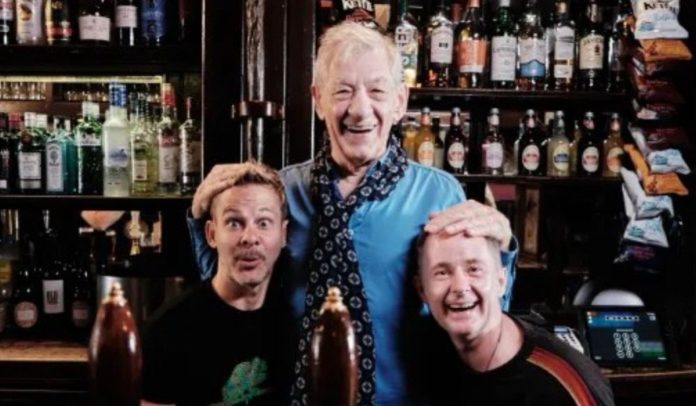It’s hard to imagine a time when Sir Ian McKellen, now one of the most revered and beloved figures in both the LGBTQ+ community and beyond, wasn’t out and proud.
But when he came out in 1988, it was a monumental moment—not just for him, but for everyone who found hope and strength in his words.
Now, at 85, Sir Ian is reflecting on that pivotal time in his life with the kind of wisdom and humility that has always made him feel like that dear older friend who somehow knows just what to say.

In a recent interview with HuffPost, McKellen spoke candidly about what it was like to come out as gay in the late ’80s, a time when societal acceptance was far from what it is today.
“One of the wonderful things about coming out,” he shared, “was not just that one’s life changes totally for the better—because you’re being honest, at last, with yourself and with other people—but that you make connections with other people who have been through the same problems as you have yourself.”
McKellen’s coming out wasn’t just a personal liberation; it was a collective one for countless LGBTQ+ individuals who were struggling with their own identities.
For many of us, his bravery was a light in a time of darkness, a reminder that you can live authentically and still be celebrated.
And let’s be real: who didn’t feel a little lighter knowing Gandalf himself was on our side?

But in typical McKellen fashion, he’s quick to downplay any credit for being a trailblazer.
“I’ve never been in the vanguard of change,” he said, instead casting himself as a supporter of those who’ve pushed for societal shifts.
He’s not looking to be hailed as a hero. As he humbly put it, “I just did what I did, and discovered in being honest about myself that I was then connected to lots of other people.”
+Related: Gay Icon Ian McKellen Falls Off Stage, Rushed to Hospital
McKellen is well aware of the impact his coming out has had.
He name-dropped some of his contemporaries—like Michael Cashman and Stephen Fry—who, along with him, became symbols of pride and resilience for the community.
“I’m aware, because people tell me, that it was helpful to them in their own journey to read about, and be aware of, people like me,” he shared.
It’s that sense of connection—of knowing that others have been through what you’re going through—that has always been at the heart of McKellen’s message.
For Sir Ian, coming out wasn’t just a decision; it was a turning point that reshaped his life and the lives of those who were watching.
“To bear witness just by saying that you’re gay can be a wonderful help to people,” he reflected.
It’s a sentiment that rings true for so many in our community, whether we’ve come out to family, friends, or just in the quiet of our own hearts.
Sir Ian’s story reminds us that living your truth can create ripples you may never fully understand.
Still, as much as McKellen acknowledges the impact he’s had, he’s also quick to deflect any notions of being a “national treasure.”
In his words, that honor likely stems from confusion with his iconic role as Gandalf in The Lord of the Rings. “When people, as they sometimes do, praise me for the effect I’ve had on their own lives… well, that wasn’t me, really. That was probably Gandalf, you know?” he joked.
There’s a certain magic to McKellen’s ability to balance profound insights with a healthy dose of humor.
He knows the power of representation, but he’s never one to bask in the spotlight just for the sake of it.
Instead, he lifts up the community as a whole, reminding us that we’re all connected in our struggles and triumphs.

Coming out might have been a watershed moment for McKellen, but his legacy stretches far beyond that.
From his tireless activism with Stonewall to his portrayal of some of the most legendary characters in film and theatre, Sir Ian has shown us all that living authentically isn’t just about personal freedom—it’s about making space for others to do the same.
As he looks back on his life, Sir Ian McKellen remains as modest as ever.
But we know the truth—he’s more than just Gandalf. He’s a symbol of strength, resilience, and, perhaps most importantly, the power of living as your most authentic self.
And if that’s not magic, we don’t know what is.



